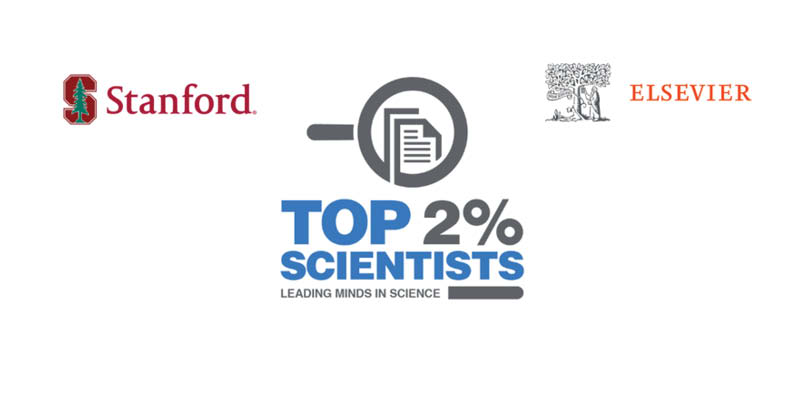In This Section
- Home
- About the College
- Governance
- College Committees & Steering Groups
- College Assembly
- College Council
- College Executive Management Committee
- College Academic Programmes and Curriculum Development Committee
- College Graduate Studies Committee
- College Research & Innovation Committee
- College Teaching Learning and Student Experience Committee
- College Student Recruitment and Outreach Committee
- College Sabbatical Research Leave Committee
- College of SEFS Adjunct Appointments Committee
- International Education Committee
- College Postgraduate Student Committee
- Athena SWAN Steering Group
- College Committees & Steering Groups
- Human Resources
- UCC STEM Awards
- Scholarships and Prizes
- Women in STEM Panel Talks
- Inaugural Professorial Lectures
- Athena SWAN in SEFS
- Proposal Calls
- Contact Us
- Science in Society Public Lecture Series
- Governance
- News
- Staff
- Schools and Departments
- Current Students
- Undergraduate Courses
- Postgraduate Courses
- International Students
- Research and Innovation
- Employability and Careers
- Outreach and Public Engagement
- Science Week
- Transition Year Programmes
School of Mathematical Sciences Researchers in Top 2% of 2025 Elsevier/Stanford University World Rankings

Three researchers from the School of Mathematical Sciences, UCC have once again been named among the top 2% of most-cited academics in their fields worldwide in the 2025 Elsevier/Stanford University World Rankings of Researchers.
- Dr. David Henry: Senior Lecturer in Mathematical Sciences UCC, and Principal Investigator of Research Ireland “Internal Wave-Current Interactions" group.
- Prof Finbarr O'Sullivan: Chair Professor of Statistics UCC
- Prof. Sebastian Wieczorek: Chair Professor of Applied Mathematics UCC
Stanford's Top 2% Scientists list is an emerging discipline-specific ranking that identifies scholars who are top-cited in their respective fields. It is based on an analysis of standardised citation data and citation impact across 22 scientific fields and 174 subfields using data from the Scopus database.
The ranking reflects a scientist’s influence rather than just their publication count, and considers scholars who have published multiple highly cited papers. It evaluates the citation impact of their work using various metrics and takes into account both career-long citation impact and the impact in a single recent year.
To determine the selection, the list includes the top 100,000 scientists based on their composite indicator (c-score, with and without self-citations) or a percentile rank of 2% or above in the sub-field.
College of Science, Engineering and Food Science
Coláiste na hEolaíochta, na hInnealtóireachta agus na hEolaíochta Bia
Contact us
Block E, Level 3, Food Science Building, UCC, Cork, T12 YN60.
